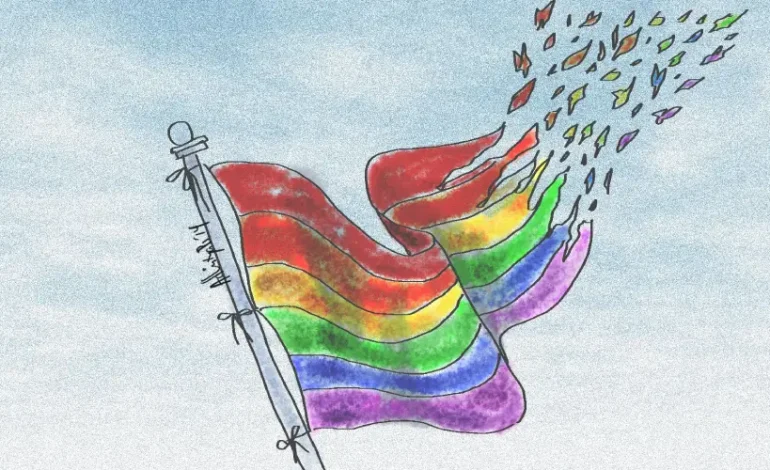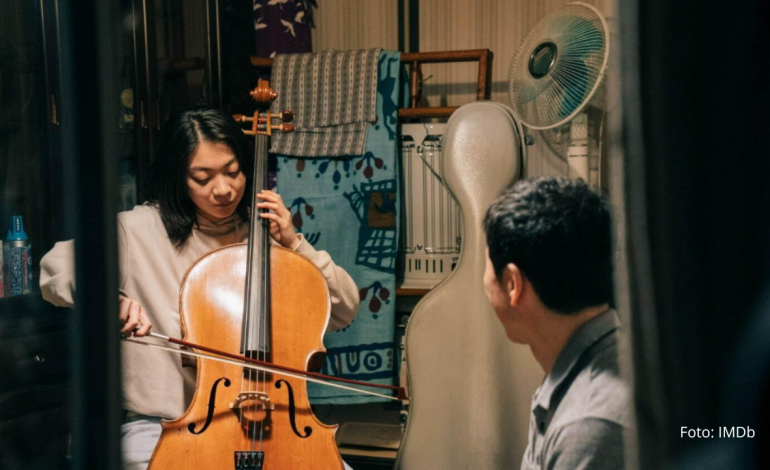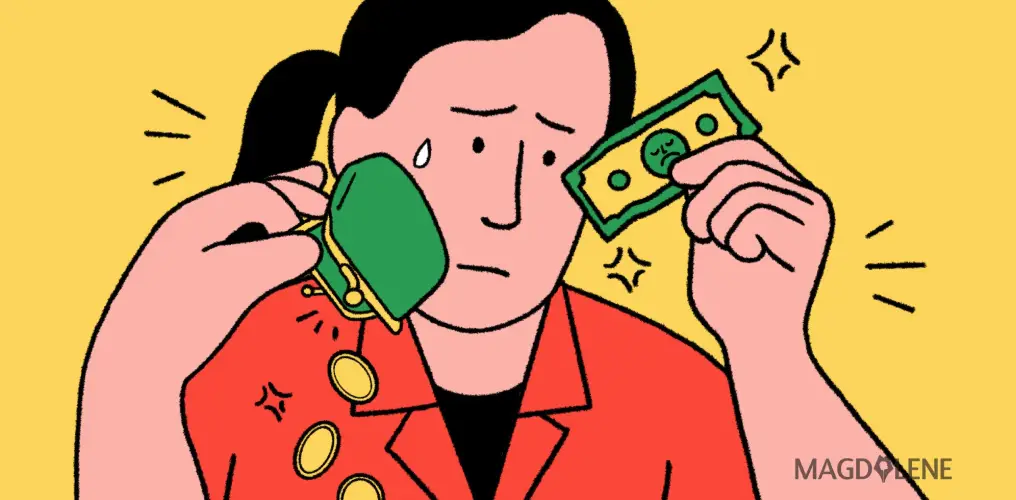
Human rights and LGBTI rights groups in Thailand hailed Parliament’s decision to pass a marriage equality bill, but stressed that much works remains to ensure the inclusion and safety of the community.
Amnesty International’s Thailand Researcher Chanatip Tatiyakaroonwong said: “Thailand has taken a historic step towards becoming the first country in Southeast Asia to legalize marriage for LGBTI couples. This landmark moment is a reward for the tireless work of activists, civil society organizations and lawmakers who have fought for this victory.”
He added, “While there is no doubt that the legalization of marriage for LGBTI couples is a key milestone for Thailand, much more must be done to guarantee the full protection of LGBTI people in the country.”
“LGBTI people in Thailand continue to face many forms of violence and discrimination, including but not limited to technology-facilitated gender-based violence that often targets human rights defenders. Thai authorities must build on the momentum and take further steps to protect the rights and ensure the participation of LGBTI people and organizations.”
On June 18, the upper house of Thai Parliament passed a marriage equality bill thatgrants LGBTI couples equal rights with heterosexual couples in relation to marriage, child adoption, healthcare consent and inheritance, among other things.
Also read: 5 Books that Explore LGBTQ Teen and Young Adult Life
The bill will now be submitted to the Thai King for royal endorsement. Following this endorsement, it will be published on the Royal Gazette and become law after 120 days.
Thailand is the third country in Asia to recognize marriage equality, following Taiwan in 2019 and Nepal last year.
Ann Chumaporn, a 40-year-old LGBT activist in Thailand, said the passing of the marriage equality bill was a culmination of the changes seen in Thai society in the past four years.
“The passing of the bill will lead society to see us more as people with dignity. This bill will provide us with the legal protection that we need.”
In 2015, Thailand passed the Gender Equality Act aimed at providing legal protections against discrimination based on sexual orientation, gender identity and/or expression and sex characteristics (SOGIESC). However, the UN Committee on the Elimination of Discrimination against Women (CEDAW) has raised concerns to the Thai government about this law, as it contains a provision that grants exemptions to the prohibition of gender-based discrimination based on religious principles or national security.
In the report “Being Ourselves is Too Dangerous”, published in May 2024, Amnesty International found that LGBTI human rights defenders in Thailand faced targeted digital surveillance and online harassment in response to their human rights activism. Many suffered from severe mental health impacts and experienced a chilling effect that led them to reduce or stop their activism.
Also Read: Why LGBTQ+ Audiences Love Eurovision
Chumaporn said the bill is only the beginning. In the next five years there would be more work regarding legislation to be done which include related bills involving parenting, holding assets or healthcare between LGBT couples, she said.
“With more legislation work in the coming years, Thailand will be more inclusive legally,” she said.
Chumaporn is a long time LGBT activist in Thailand. She recently co-organised Bangkok Pride, a festival to celebrate gender inclusion and diversity held during the first week of June. The highlight was the grand Bangkok Pride Parade on June 1 adorned with more than 100 carriages and participants dressed in colorful and creative garments.
The event coincided with Pride Month and with support from the government and major Thai corporations, the city of Bangkok is aiming to host the WorldPride event in 2030 to draw tourists and economic activities and put Thailand on the world’s map when it comes to LQBTQIAN+ communities.
The festival was a success and has seen a growing number of attendees every year, said Chumaporn.
“When we hosted the first Bangkok Pride in 2022, there were about 20,000 participants. This year we saw 200,000 participants. They were of all genders and ages and because of official support from many organizations, people felt safe to come and join the festival. We also welcomed international organizations like the Asian Pride Alliance and those from Hanoi or Taiwan in Bangkok this year.”
Also read: What is ‘Heteroactivism’? How Sports became a Battleground for Opposing LGBTIQ+ Progress
“It shows that the issue of gender inclusivity has become more mainstream in society, despite some homophobic sentiment expressed by some, like the religious segment, for example.”
In Thailand’s Muslim-majority deep south, LGBT issues are not often touched on. But a youth activist from the south who spoke on condition of anonymity for safety reasons said that many LGBT youths in the deep south felt that Tuesday’s passing of the bill was their victory as well.
“I work with LGBT youths in the deep south who are in high-school and universities and because of local traditions they don’t get to publicly express themselves,” said the 32-year-old activist.
“Violence on LGBT youths is still prevalent here. Some LGBT youths have been beaten because of their sexual orientation. Some of them pray in the local mosque but are sneered at or called an animal.
“Many of them find it hard to seek justice when they’re on the receiving end of violence due to religious and societal constraints in the deep south. Many of them have distanced themselves from families or communities just so they can be themselves and to express themselves.
“Many others still practice Islam. They still pray. They still fast. They still have faith in their hearts.”
SR is a journalist from Thailand.






















